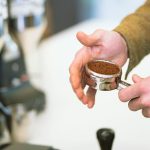Table of Contents
Your morning coffee could be serving you a daily dose of chemicals with that caffeine kick. Regular coffee is one of the most heavily sprayed crops in the world, and those pesticides aren’t just hurting the planet – they’re ending up in your cup.
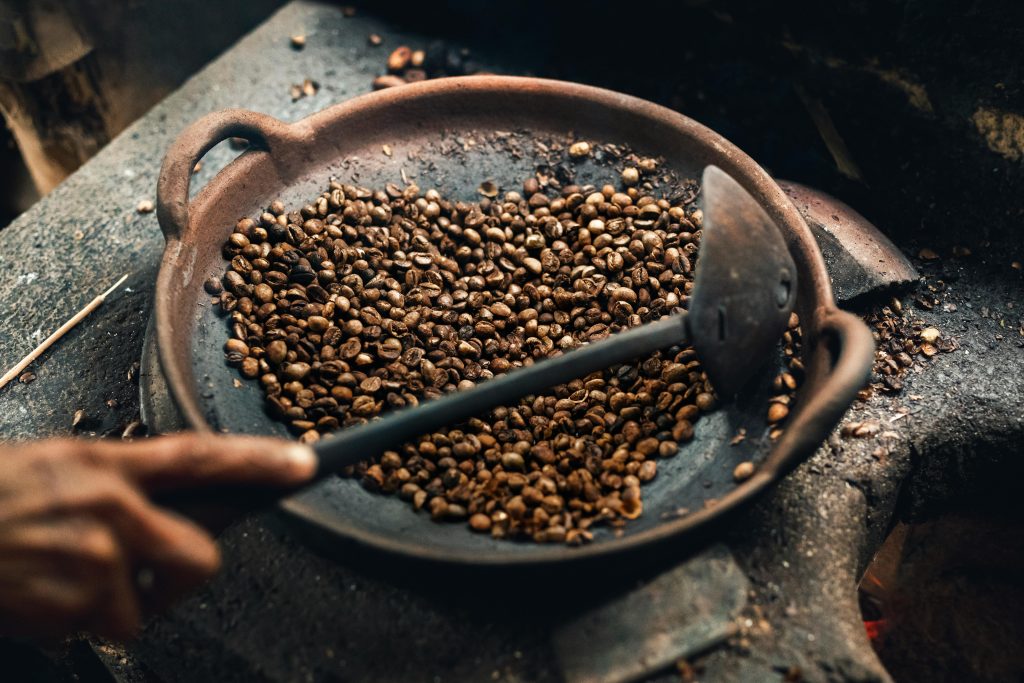
The Dirty Truth About Your Daily Brew
Remember when coffee was just coffee? Now conventional coffee farms look more like chemical laboratories. Farmers spray conventional coffee plants up to 15 times per year with synthetic fertilizers, pesticides, herbicides, and fungicides. Think about that next time you’re sipping your morning brew.
The worst part? Coffee cherries (yes, coffee beans come from cherries) are like little sponges. They soak up everything they’re exposed to – including those chemicals. And no amount of roasting eliminates these unwanted guests from your coffee beans.
The Birds Are Disappearing (And Why You Should Care)
Traditional coffee grew in the shade of diverse forest canopies, home to hundreds of bird species. But most conventional coffee today? It’s grown in full sun on cleared land, doused with chemicals that kill insects – and the birds that eat them. We’ve lost 90% of shade-grown coffee farms in the last 40 years. That’s not just bad for birds; it’s terrible for your coffee’s flavor.
The impact on biodiversity goes beyond birds. These sun-grown coffee plantations have eliminated crucial habitats for countless species of insects, mammals, and native plants. Each conventional coffee farm becomes a biological desert, breaking down the delicate ecosystems that took centuries to develop.
Why Organic Coffee Tastes Better
Here’s something the big coffee companies don’t want you to know: those chemicals they spray? They’re masking the real taste of your coffee. Organic coffee grows slower, developing more complex sugars and compounds. That’s why organic beans often have notes of chocolate, fruit, and nuts that conventional beans lack.
The reason is simple: when plants have to fight off pests naturally, they produce more of their protective compounds. These same compounds create the intricate flavors that coffee lovers chase.

The Underground Revolution: Microorganisms and Your Morning Cup
Here’s something fascinating that rarely makes the headlines: organic coffee farms are teeming with billions of beneficial microorganisms in every handful of soil. These microscopic helpers break down nutrients, fight off diseases, and help coffee plants develop those complex flavors we love.
Conventional farming, with its heavy reliance on synthetic fertilizers and pesticides, kills off these beneficial microorganisms. It’s like nuking an entire ecosystem that’s been perfecting itself for millions of years. When you drink organic coffee, you’re tasting the results of nature’s perfect collaboration.
Your Body Will Thank You
Think those pesticides disappear in the roasting process? Think again. Studies have found residues from up to 29 different pesticides in conventional coffee beans. While each one might be within “safe” limits, nobody knows what happens when you combine them all – and drink them every single day.
Organic coffee, on the other hand, relies on natural pest control and fertilization methods. No synthetic pesticides mean no pesticide residues in your morning cup.
The Hidden Health Benefits You Never Knew About
Organic coffee isn’t just about avoiding the bad stuff – it’s packed with more of the good stuff too. Research shows that organic coffee often contains higher levels of antioxidants than conventional coffee. Why? Because plants grown under organic conditions produce more protective compounds to defend themselves naturally.
These antioxidants don’t just help the plants – they help you too. They’re linked to everything from better heart health to improved cognitive function. So while you’re avoiding pesticides, you’re also getting an extra health boost with every cup.
The Soil Connection: Why It Matters For Your Cup
Organic coffee farms build healthy soil. Why should you care? Because healthy soil produces healthier plants, which create better-tasting coffee. It’s like the difference between a tomato from your garden and one from a giant greenhouse – the flavor just doesn’t compare.
Plus, healthy soil captures more carbon dioxide from the atmosphere. Your organic coffee habit is literally helping fight climate change with every cup.
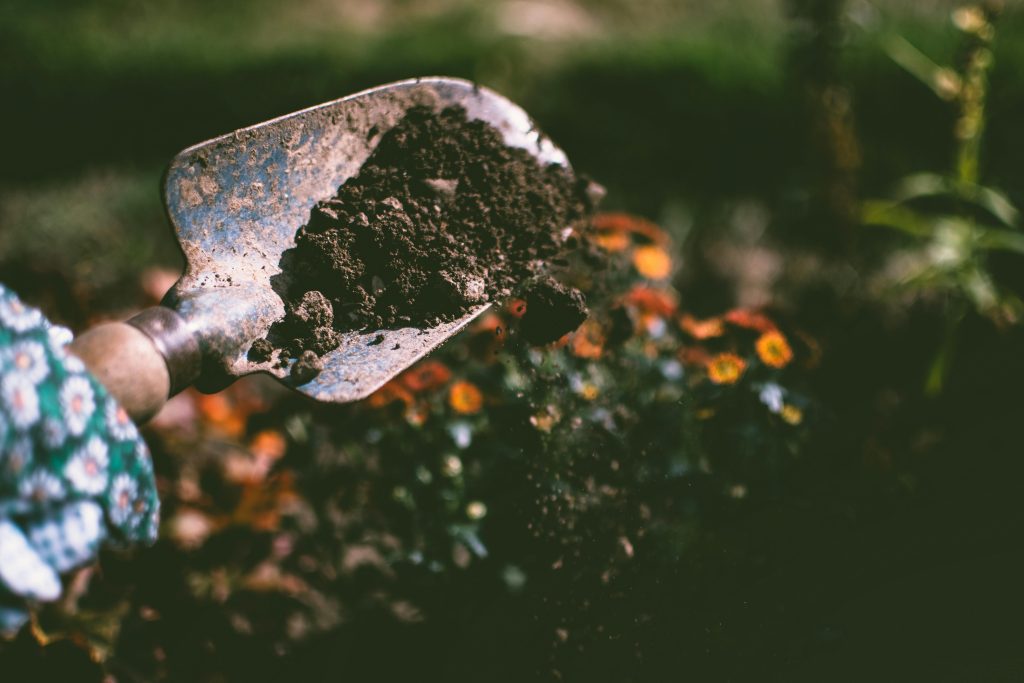
The Water Crisis You’re Not Hearing About
Conventional coffee farming has a dirty secret: water pollution. Those chemical fertilizers and pesticides don’t just stay on the farm – they seep into groundwater and run off into rivers and streams. In many coffee-growing regions, this pollution has made local water sources unsafe for drinking.
Organic coffee farms, by contrast, act as natural water filters. Their healthy soils and diverse plant life help clean and preserve water resources. When you choose organic coffee, you’re helping protect clean water for coffee-growing communities.
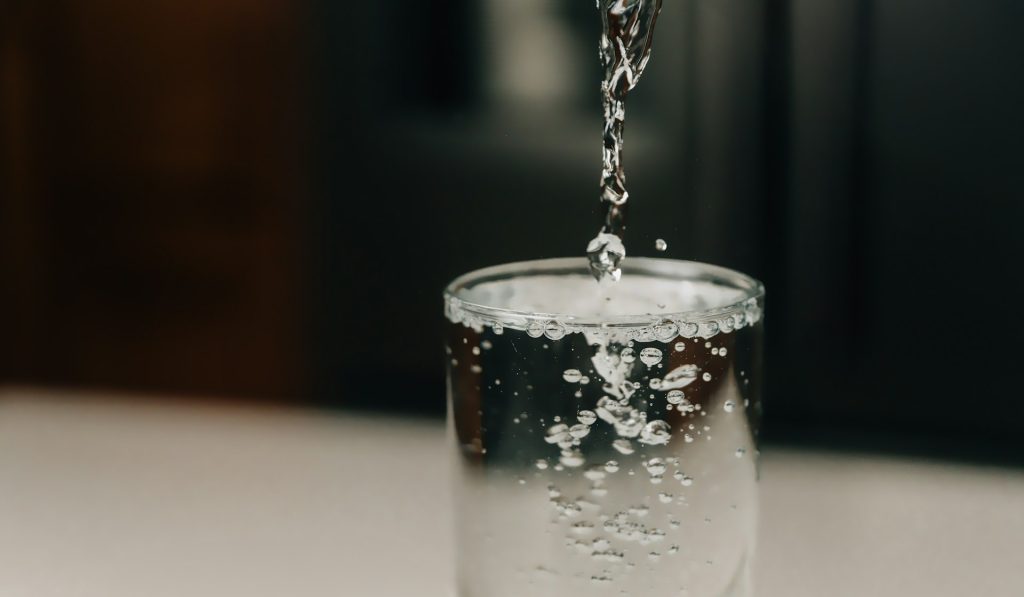
The Hidden Cost of Cheap Coffee
Sure, organic coffee costs a bit more. But here’s why: organic farmers produce about 30% less coffee per acre than conventional farms. They’re trading quantity for quality – and spending more on labor instead of chemicals. When you buy organic coffee, you’re investing in better farming practices, healthier ecosystems, and ultimately, a better cup of coffee.
What Those Certifications Mean
Not all organic coffees are created equal. The gold standard? Look for these certifications:
- USDA Organic: Guarantees no synthetic pesticides or fertilizers
- Bird Friendly: Ensures shade-grown conditions and organic practices
- Rainforest Alliance: Focuses on ecosystem conservation
- Fair Trade: Ensures farmers receive fair compensation
Making the Switch: Your Taste Buds Will Thank You
Ready to make the switch? Start with a medium roast organic coffee from a single origin. These beans let you taste the difference that organic farming makes. Notice the cleaner, brighter taste? Those are the natural flavors shining through, not masked by chemical residues.
The Coffee Revolution Is Already Here
Organic coffee isn’t just a trend – it’s a return to how coffee was meant to be grown. Small-scale farmers around the world are rediscovering traditional methods, combining them with modern organic practices to produce coffee that’s better for the earth and better for you.
These farmers are proving that you don’t need chemicals to grow great coffee. Many are showing higher profits with organic methods, thanks to premium prices and lower input costs. It’s a win-win-win: better coffee, better income for farmers, and better for the planet.
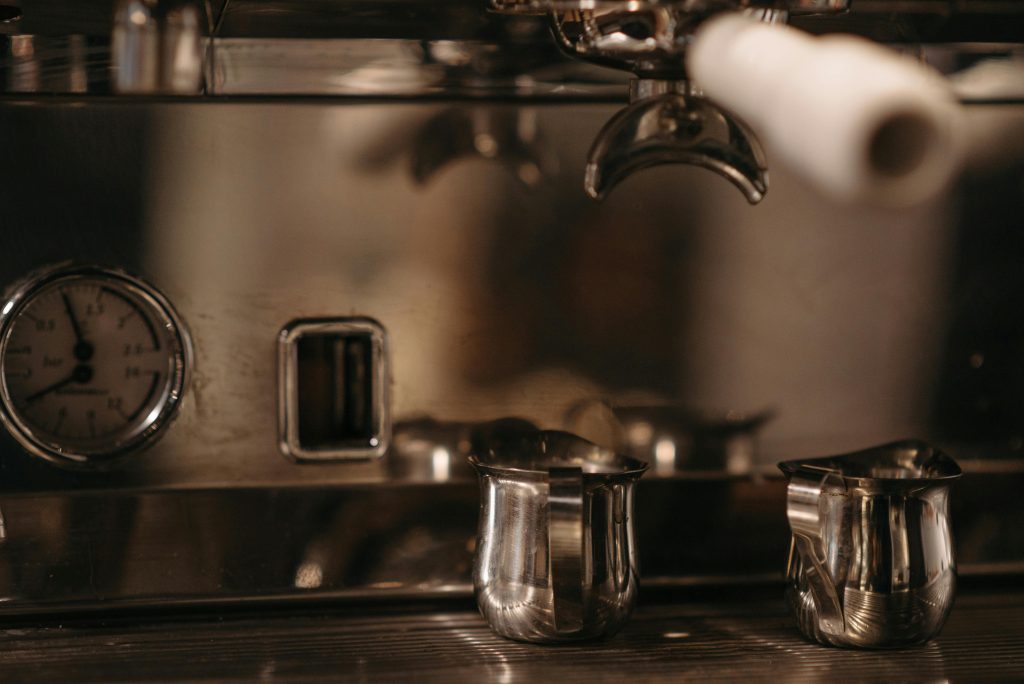
Future Proof Your Coffee Habit
Climate change is already threatening coffee production worldwide. But here’s the good news: organic coffee farms are more resilient. Their diverse shade trees and healthy soils help them weather droughts and resist pests naturally. By choosing organic coffee today, you’re helping ensure there will still be great coffee to drink tomorrow.
The next time you’re buying coffee, remember: you’re not just choosing between organic and conventional – you’re voting for the future of coffee itself. And trust me, future you will appreciate having clean, delicious coffee to drink.

I’m Audrey, a dedicated mother of teenagers with an insatiable love for coffee. On BeanBrewLove.com, I intertwine my need for caffeine with reflections on life. Whether expressing a nostalgic sentiment or injecting a hint of sarcasm, my blog is a reservoir of coffee culture, brewing techniques, and global coffee reviews.



